Wilton Benitez Pink Bourbon
This Pink Bourbon is a new coffee created by award-winning Granja Paraiso 92 using cutting-edge processing technology.
Grapefruit, guava, hibiscus, passion fruit, lychee, black tea, bergamot
- United Kingdom Barista Champion 2023: Barista Ian Kissick used this tropical and exotic Pink Bourbon in his signature and milk-based drink that got him the 2023 UK Barista Championship.
- Switzerland Brewers Runner-up 2024: Brewers Nicola Schäppi used this Pink Bourbon to achieve the second place at the 2024 Swiss Brewers Cup Championship.
Pink Bourbon
This is a sweet, complex and crystal clear pink bourbon. In the cup, this coffee presents itself with a bouquet of floral aromas the include rose, hibiscus and lavender, accompanied by fruity aromas of sweet cherry, lychee, guava, passion fruit, strawberry and raspberry, followed by hints of black tea and bergamot.
The sweetness and aromas are persistent and intense, with a long and pleasant aftertaste reminiscent of Big Babol.
SCA Cupping Score: 89.5 points
Process: Double Anaerobic Fermentation using with microorganisms + Thermal Shock wash
Processing Information
- Harvest ripe cherries and remove immature green cherries (pintones).
- Sterilization with ozone water and ultraviolet (UV) rays to reduce the load of the microorganisms.
- Sort cherries by size and density to remove unripe and overripe cherries.
- First fermentation of coffee cherries with selected microorganisms for 16 to 96 hours in a stainless steel fermentation tank (bioreactor) equipped with a pressure control function, in order to bring the sugar Brix to 6 and the pH to 3.8.
- Pulping is done using modern equipment that minimizes coffee damage and which uses the minimum amount of water possible.
- After removal of the outer skin, second stage anaerobic fermentation with remaining mucilage after pulp removal with the use of bioreactors. Inject ozonated water again to sterilize and add specific microorganisms according to the profile. This process can take 48-720 hours to ferment under controlled and traceable conditions until the determined conditions of pH, Brix degrees and electrical conductivity are met.
- Beans washing and Thermal Shock (i.e. wash with hot then cold water after fermentation):
- Cherries are first immersed in water at 40ºC and subsequently immersed in cold water at 12ºC.
- This is done to sanitize the cherries and to destroy enzymes that are not positive for fermentation. In this way, cherries are prepared for fermentation because the sugars become more readily available for the fermentation, which in turn prevents oxidation.
- The temperature difference helps fixing the aromas produced by fermentation and sterilizing according to temperature.
- Removal of intracellular oxygen in the kernel will occur as a secondary effect of the thermal shock, which will produce an increase in density.
- Uniform mechanical drying with temperature-controlled ecological equipment and recovery of released water, until the moisture content reaches 16%.
- After drying, the cherries are stored in airtight grain plastic bags for 8 days. This allows the yeast to develop aromas and flavor precursors.
- After the 8-day stabilization period, drying again for 12 hours until the parchment moisture reaches between 10% and 11%.
- Wrap in food grade plastic and stabilize for 15 days.
- Electronic and manual sorting to reach the required physical quality standards.
- Quality verification and cupping test.
- Vacuum sealing in bags.
Granja Paraiso 92
What makes Granja Paraiso 92’s coffee to stand out from the rest? Many things, such as the use of bioreactors and specific microorganisms for controlled fermentation, a constant control and monitoring of factors such as temperature, pH, brix degrees and electric conductivity.
Nothing happens by chance at Wilton’s farm: he is passionate about technology, biotechnology and the development of new equipment that facilitates and guarantees the quality of coffee. He dedicated his career in the production of unique coffees, and in doing research on the different factors that influence the quality of coffee such as the method of cultivation, the variety, the territory and the type of process.
Wilton is able to produce a different and replicable array of coffees with the help of a very innovative drying system also developed by himself which don’t use any fossil fuels and only need moderate electric energy for their operation avoiding greenhouse gas emissions, and that at the same time allows the creation of drying curves.
Located in the area of Piendamó, Cauca, Colombia at an altitude between 1700 and 1900 masl, Granja Paraiso 92 is a family farm that uses highly innovative farming systems such as terraces, drip irrigation, shading and laboratory nutrition count aimed to produce a unique coffee. Granja Paraiso 92 has a processing plant, a microbiology lab and a quality lab.
With more than 26+ years being a coffee grower and 16+ years of experience with specialty coffee, Wilton is able to produce coffees through different processes such as Washed, Natural, Honey as well Anaerobic coffees (both single and double fermentation).
Coffee grower. Innovator. Chemist. Visionary. Roaster. Q-grader processor. Non-certified tester but with a lifetime of experience in the cupping process.
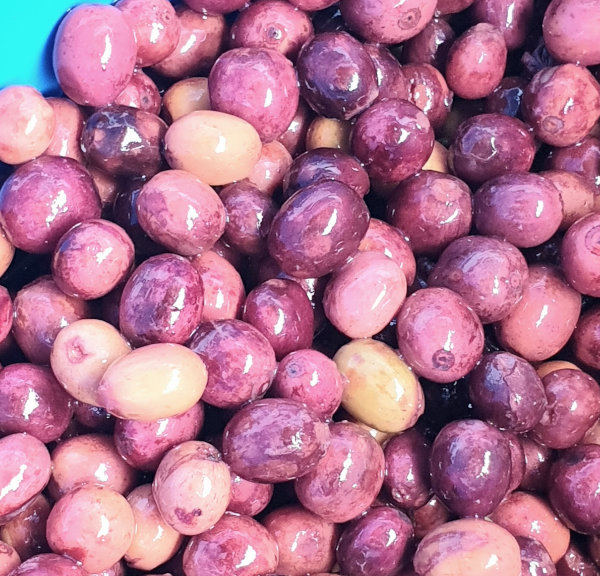
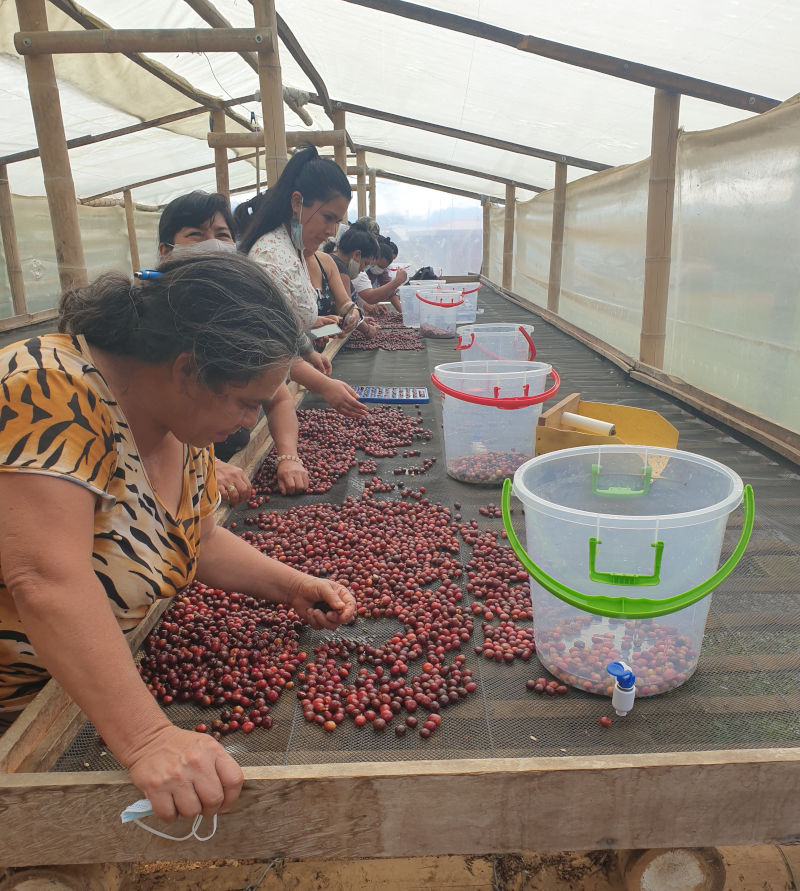
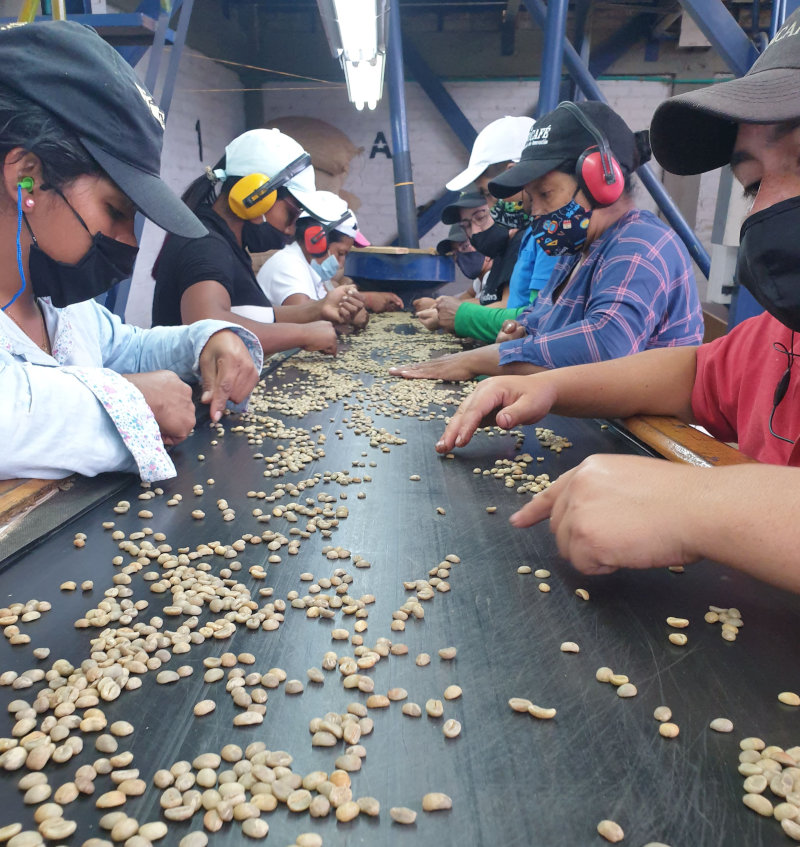
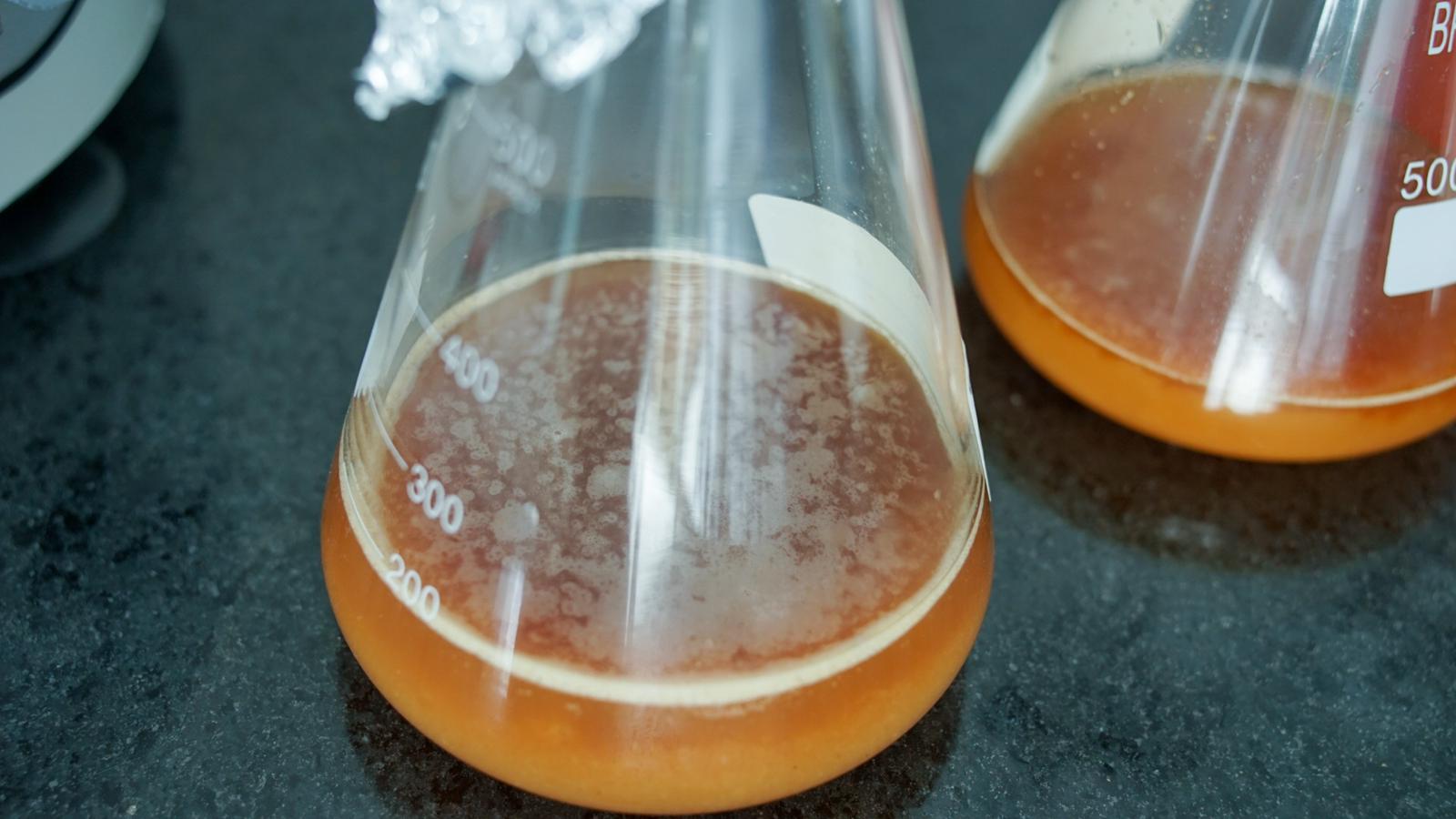
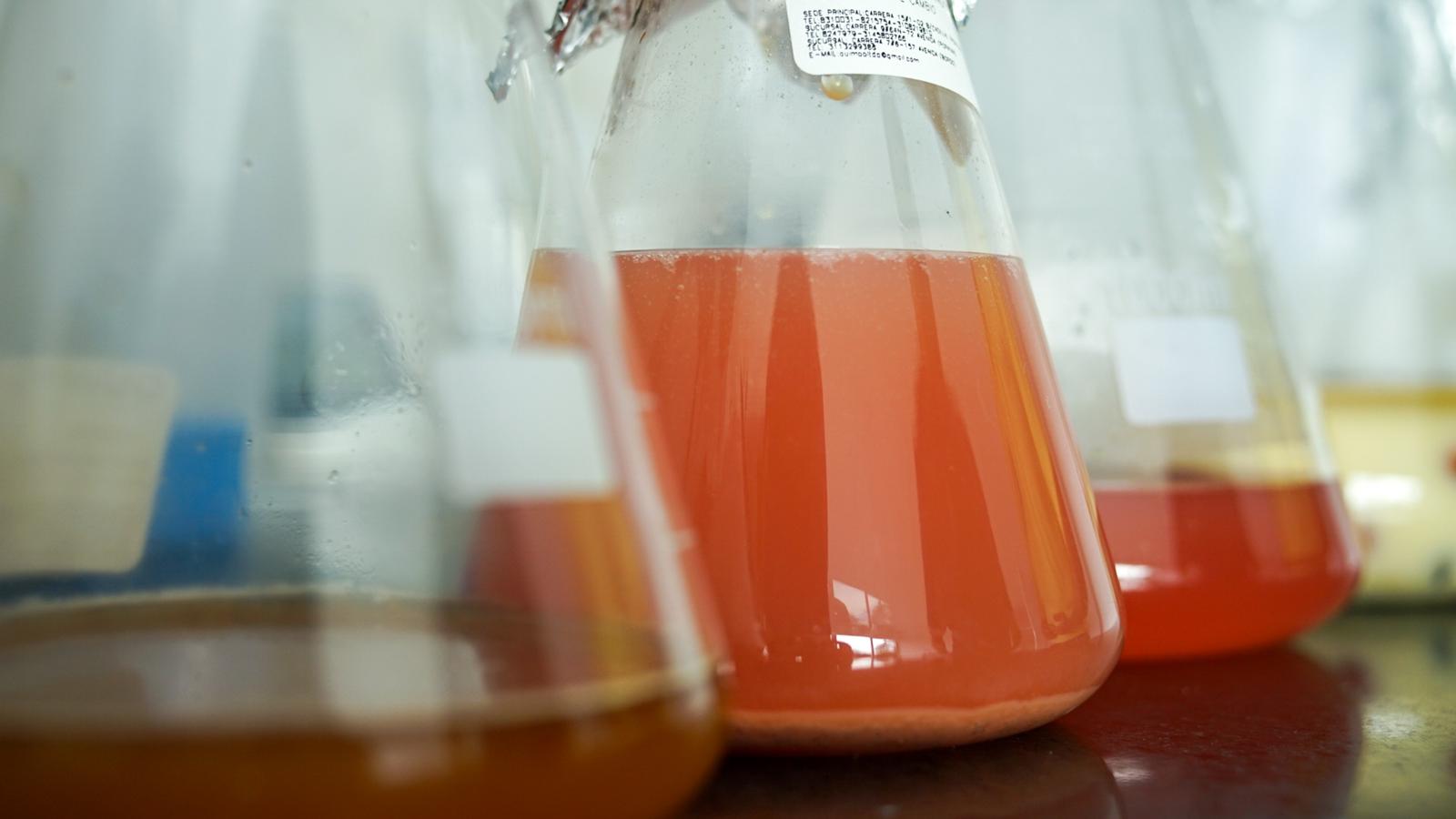
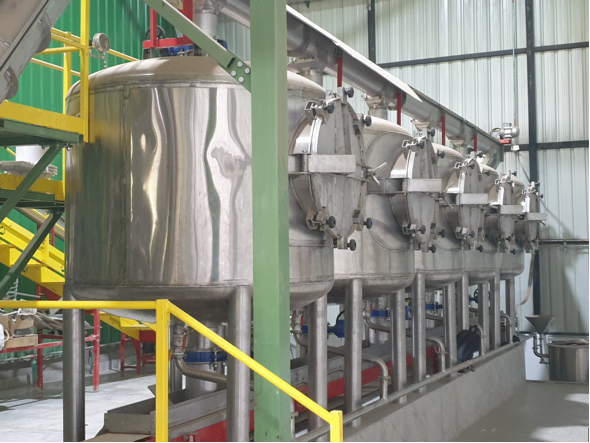
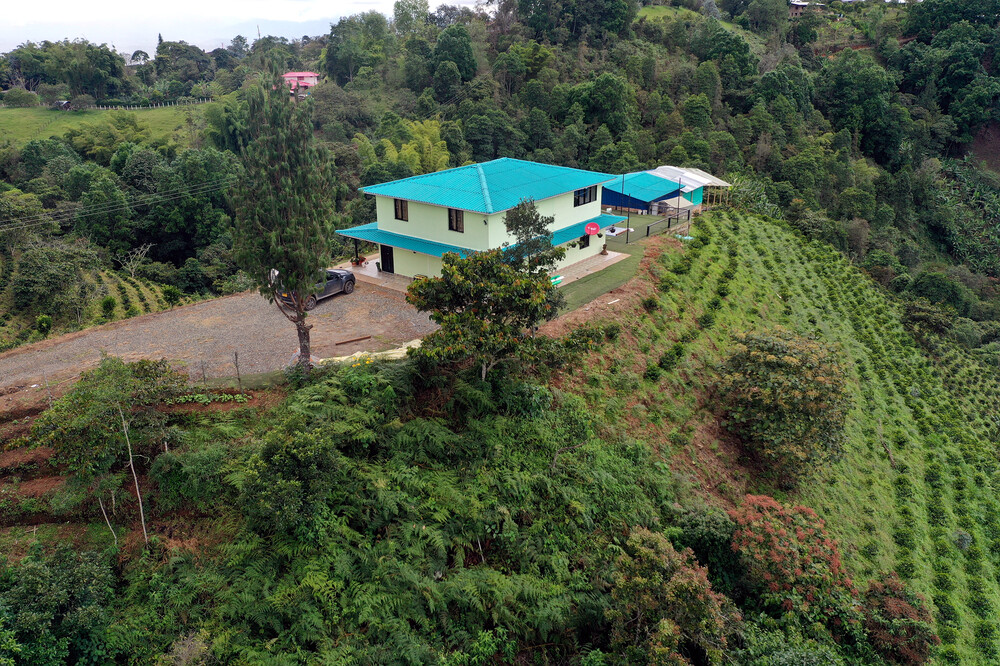
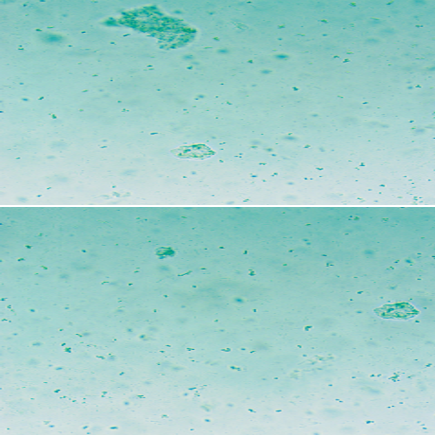
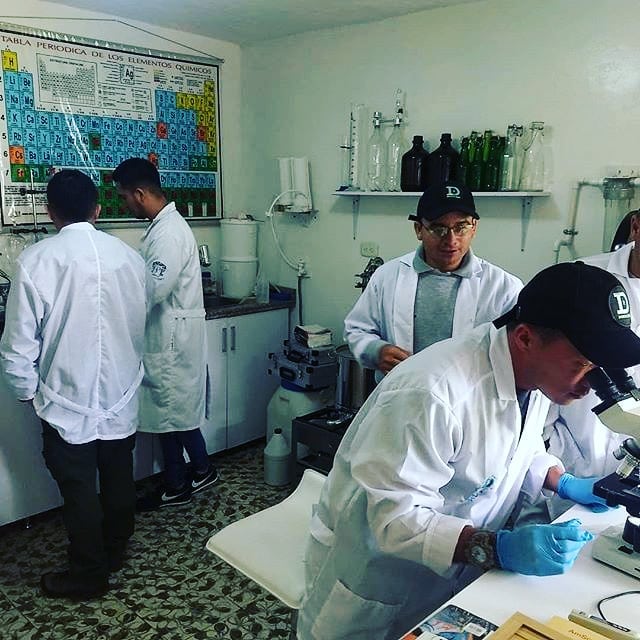
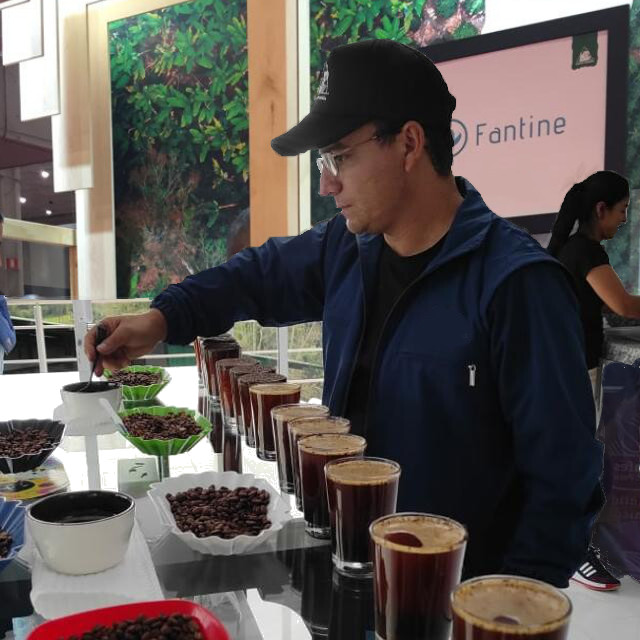
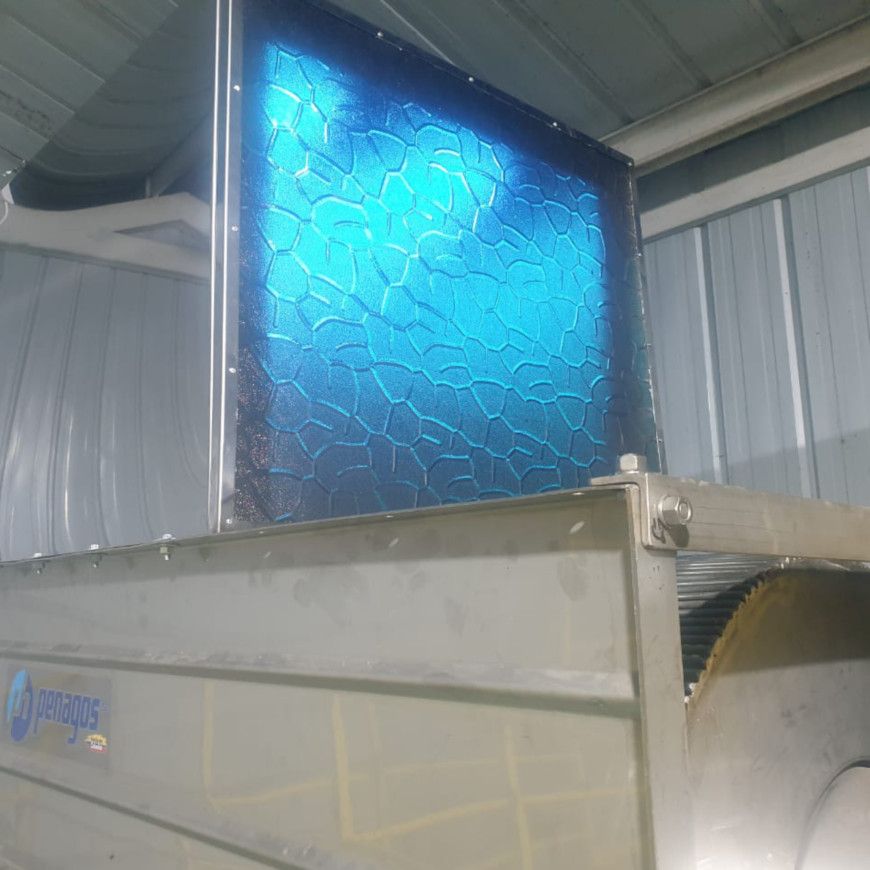
UV Sterilization. Courtesy: Wilton Benitez, Granja Paraiso 92.
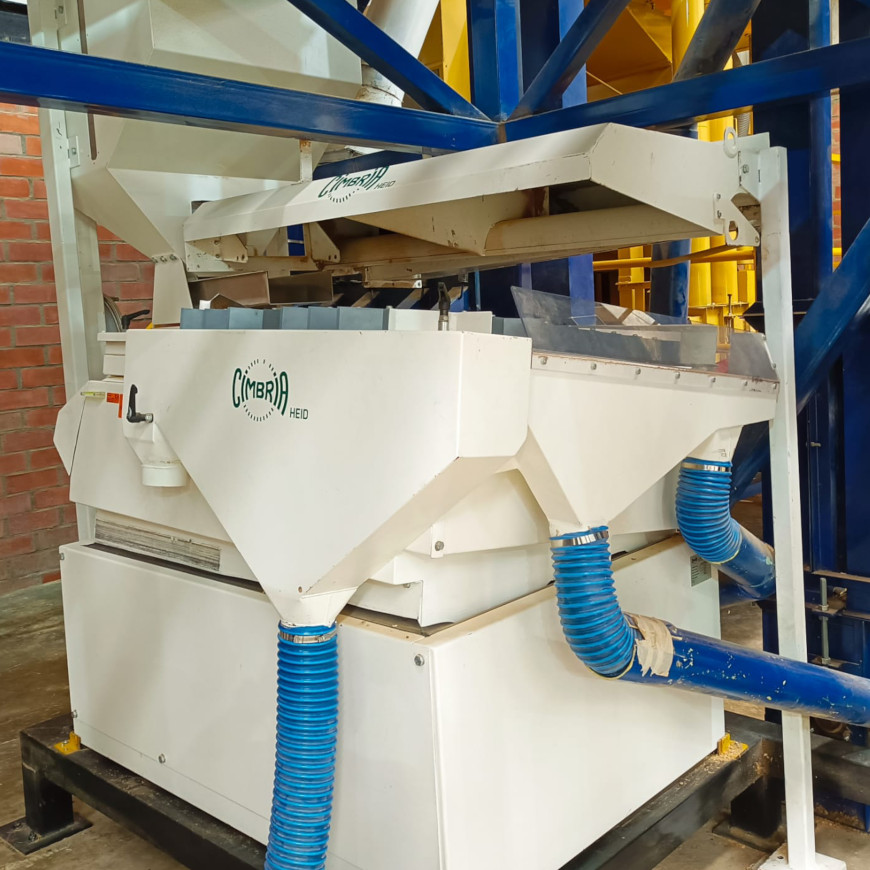
Beans classification. Courtesy: Wilton Benitez, Granja Paraiso 92.
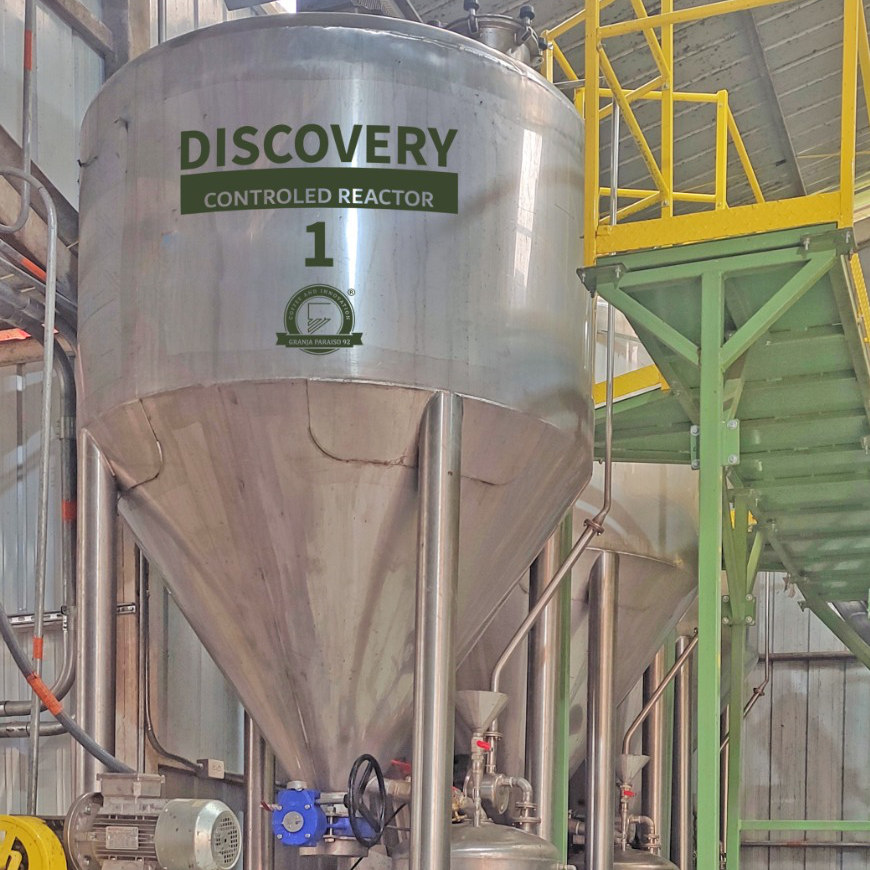
Bioreactor for controlled fermentation. Courtesy: Wilton Benitez.
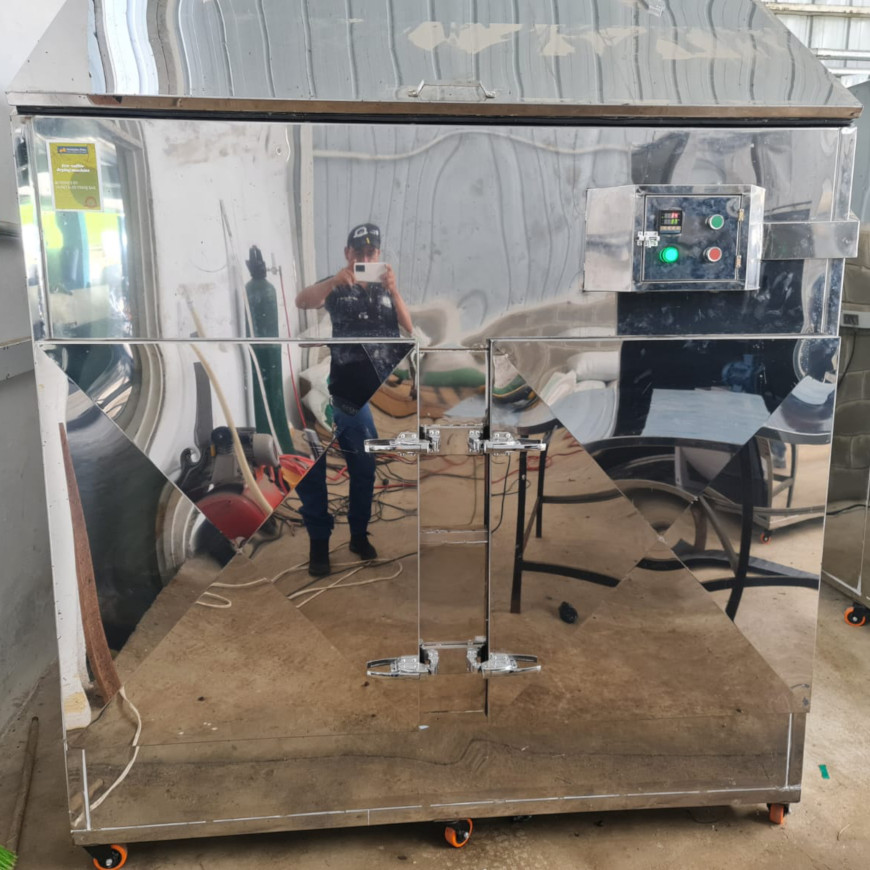
Ecological mechanical drying. Courtesy: Wilton Benitez, Granja Paraiso 92.


